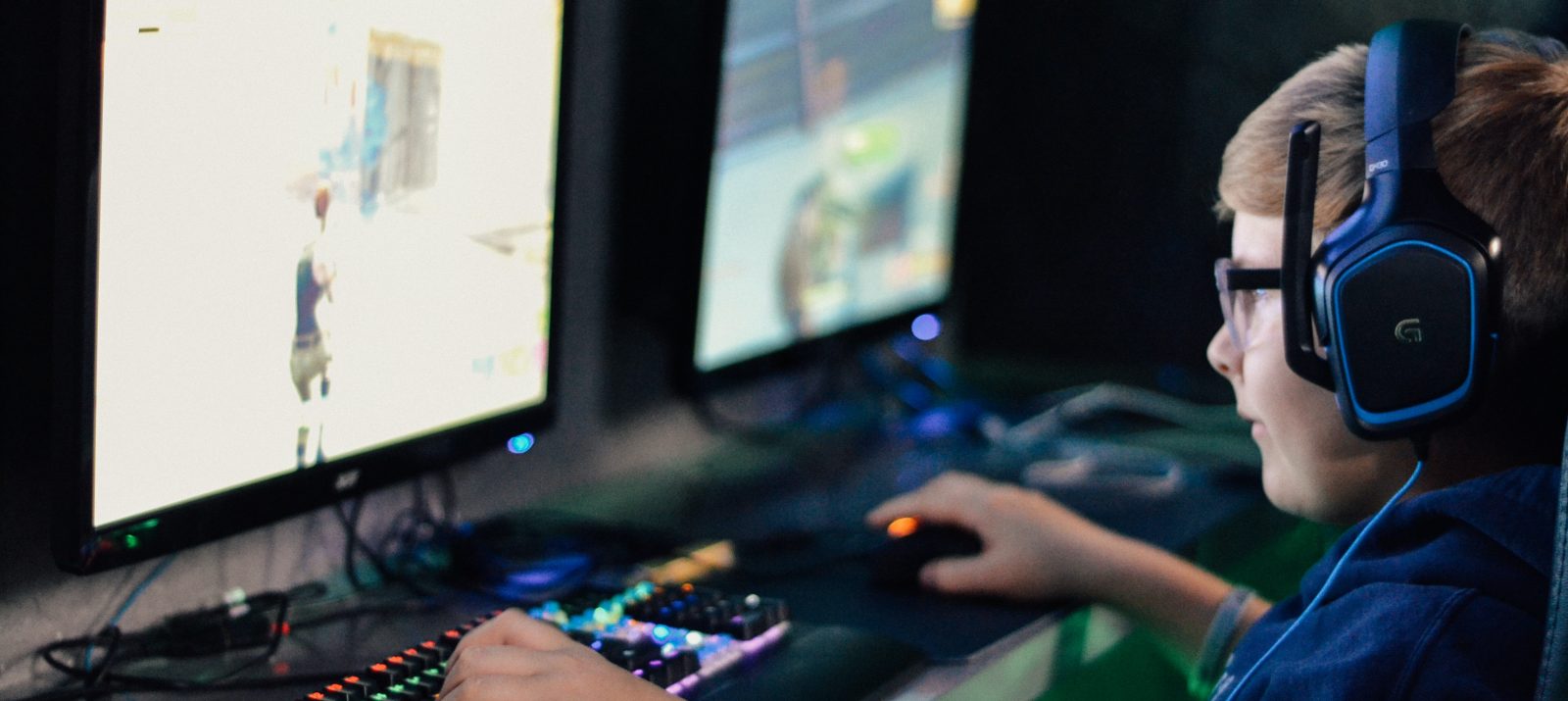
Quickly pressing buttons, reading long texts on game rules and controlling the game character – all this is part of gaming. However, some of this is not easy or even impossible for gamers with disabilities. There are many ways to make games and experiences accessible for everyone.
Unrestricted media use and digital participation are important children’s rights that everyone is entitled to. This also applies to gaming. Because children and young people love to play, whether they have an impairment or not.
While there are games that can be played well with various physical and/or mental disabilities. However, the vast majority of games are not accessible.
There are many different aspects of how games make gaming difficult for people with impairments. TheGaming Without Bordersproject evaluates games for accessibility on four levels:
Control: An example of this is the so-called “button mashing”, where buttons have to be pressed quickly or, if a button has to be held down for a long time. This requires certain motor skills that not everyone has. With an additional alternative control, a game becomes rather accessible.
See: Some games contain a lot of text. If the text can only be seen very small and cannot be enlarged or read aloud, the game is not accessible. Another example: objects look the same but have different colors. Such games pose barriers for people with visual impairments.
Understanding: If explanations and tasks in the game are too complicated, some people do not find it easy to understand them. Here it helps if simple language is used and certain game contents are explained in detail.
Hearing: For people who are hearing impaired, for example, it is bad if there are no subtitles to audible dialogue. Even if sounds important for the game are heard but not also described visually, the game is not accessible.
If there are no characters with disabilities in the games, it makes the games less inclusive. As in other media, characters in games should be diverse and represent the whole society. It is important that the focus is not only on the disability of a character and that they are perhaps pitied because of it, but that they belong to it as a matter of course.